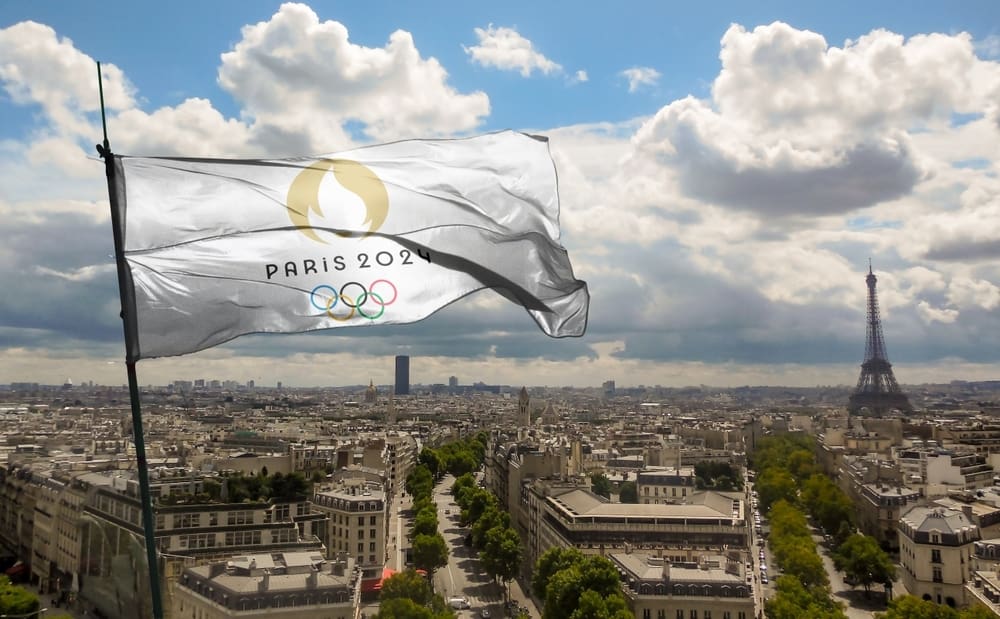Lia Thomas, the transgender swimmer who made headlines for her groundbreaking achievements and subsequent controversies, has faced a significant setback in her pursuit to compete in the upcoming Paris 2024 Olympics. Thomas’s attempt to overturn a ban that prevents transgender women who have undergone male puberty from competing in women’s swimming events was rejected by the Court of Arbitration for Sport (CAS), thereby disqualifying her from participating in the Olympics.
The controversy surrounding Thomas began to gain widespread attention after she became the first openly transgender athlete to win a National Collegiate Athletic Association (NCAA) Division I national championship in 2022. She clinched victory in the women’s 500-yard freestyle event, a triumph that sparked intense debate about the fairness and inclusivity of transgender athletes competing in women’s sports. Following her NCAA success, Thomas sought to compete at the highest level on the world stage.

However, in 2022, World Aquatics (formerly FINA), the international governing body for water sports, introduced a regulation that banned transgender women who have gone through male puberty from competing in women’s events. This rule effectively barred Thomas from participating in international competitions, including the Olympics. Determined to challenge this decision, Thomas took her case to the CAS, arguing that the rule was discriminatory and violated her rights.
On June 12, 2024, the CAS delivered a decisive ruling, rejecting Thomas’s claims and upholding the ban. The court concluded that Thomas lacked the standing to challenge the policy, emphasizing that she was not a member of the USA Swimming federation at the relevant times and had not competed in female events solely to qualify for World Aquatics competitions. This judgment means that Thomas will not be able to compete in the Paris 2024 Olympics, a significant blow to her aspirations and to those advocating for broader inclusion of transgender athletes in elite sports.
Reacting to the decision, Thomas expressed deep disappointment, criticizing the blanket bans that prevent transgender women from competing as discriminatory and excluding them from valuable opportunities that are central to their identities. Her case has reignited discussions about the balance between fair competition and inclusivity in sports, a complex issue that continues to challenge governing bodies and societies alike.
World Aquatics welcomed the ruling, describing it as a major step forward in their efforts to protect women’s sports. They, along with supporters of the ban, argue that the regulations are necessary to ensure a level playing field in female sports categories, given the physiological advantages that might be retained from male puberty.
The decision has also drawn reactions from advocacy groups like Athlete Ally, whose founder, Hudson Taylor, lamented the ruling as a setback for trans athletes and their rights to compete without discrimination. Taylor underscored the broader implications of the judgment, emphasizing the importance of allowing trans athletes the opportunity to have their experiences and challenges adjudicated fairly.
Thomas’s journey from a top collegiate swimmer to a central figure in the debate over transgender participation in sports highlights the evolving landscape of gender identity and athletic competition. As sports organizations and society at large continue to grapple with these issues, Thomas’s story remains a poignant example of the intersection between identity, rights, and the pursuit of athletic excellence.




